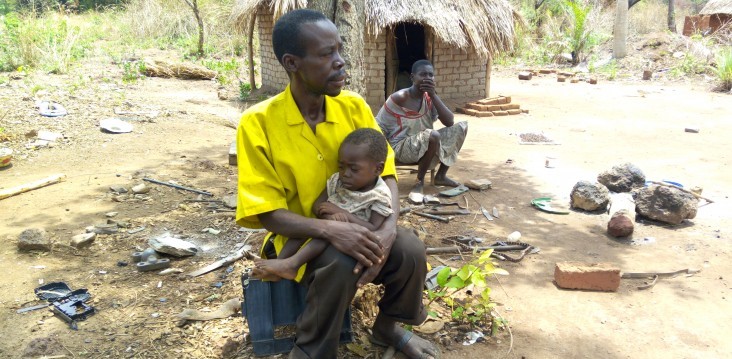The Western Equatoria State Ministry of Health has confirmed the suspension of the HIV & AIDS program in Yambio due to funding cuts from the United States, leaving thousands of vulnerable individuals uncertain about their future.
According to reports, the HIV/AIDS prevalence in Western Equatoria is 6.8%. This is higher than the prevalence in the other states of the greater Equatoria region, which are Central Equatoria (3.1%) and Eastern Equatoria (4.0%).
Last week, the State Department issued a memo implementing the pause for new and obligated State and U.S. Agency for International Development (USAID) funding following President Trump’s executive order calling for a 90-day pause on foreign aid to allow the government to determine if programming aligns with Trump’s foreign policy.
Speaking to Radio Tamazuj, Health Minister James Abdallah Arona attributed the suspension to directives from the US government.
“The program was halted following decisions from the United States. I spoke with the program director of CMMB Yambio, and they assured me that discussions are ongoing. We expect to receive further updates soon,” Arona explained.
The Minister expressed concern about the impact of the decision, emphasizing that the program was heavily reliant on international donors, including USAID and Sweden.
“If funding stops, people will suffer. I urge the national government and our partners to engage donors to ensure continued support for our vulnerable population,” he said.
Arona reassured people living with HIV that the government was working closely with partners to ensure the availability of essential medications.
Yambio HIV & AIDS Commission representative Elizabeth Dominic Dabi clarified that the decision to suspend the program did not come from the South Sudanese government or its local partners.
“This is a directive from the United States. We are unsure if it was President Donald Trump’s decision, but the order has affected all US-funded programs, including legal aid and health initiatives,” Dabi explained.
Despite the suspension, Dabi assured that efforts were underway to assess the number of the affected individuals and ensure they continue receiving treatment.
“This is a global issue and no single entity can permanently shut down such a critical program,” she added.
The Prevention of Mother-to-Child Transmission (PMTCT) clinician from CMMB Yambio, Henry Biata Nzari, said the suspension of services came abruptly.
“We were instructed to halt all ongoing services. Before closing, we informed all county health departments about the development,” Nzari stated.
Nzari also urged the government to prioritize the situation, emphasizing the vulnerability of the local community to HIV.
“The government must act swiftly to prevent further suffering. The community is highly vulnerable, and the impact of this suspension could be devastating,” she stressed.
Lillian Suzan, a woman living with HIV, expressed frustration upon discovering that hospital services had been halted.
“I went to the hospital yesterday, and it was closed. I only have 11 pills left, which will last me two weeks. If the government and partners don’t restore the program, we will die,” Suzan warned.
The suspension of the HIV & AIDS program in Yambio has placed thousands of lives at risk. Healthcare workers, patients, and local authorities are now calling for urgent intervention to restore funding and ensure continued access to life-saving treatment.




